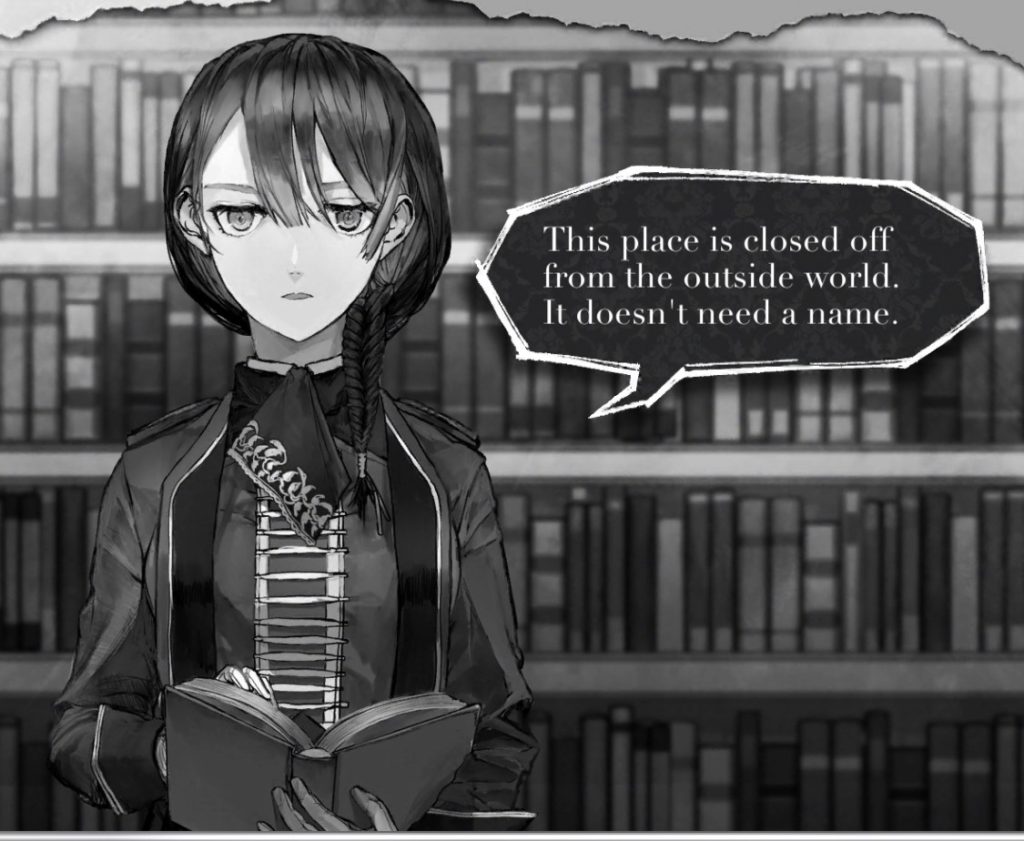The genre of idle games isn’t one we would traditionally associate with deep or interesting stories, typically focusing on some form of social commentary or parody by highlighting the endless progression loop economic systems, technological progression, or games themselves. However, the endless progression loop is only one of two core components to idle gameplay, the other being time.
This often appears to be a negative aspect. The games’ mechanic of waiting for points to build can lead to games taking far longer than is needed for their message. It also makes it difficult to tell a compelling story, as the player is encouraged to only partially pay attention or leave for long periods of time where they can easily lose track of what happened.
However, this use of time is exactly what makes idle games the best medium for certain stories and characters. Alter Ego does just this, it uses the long times the player spends away from its world to tackle themes of isolation, loneliness, and self doubt.
In Alter Ego we play as a nameless, faceless character sometimes called The Wanderer. We’ve found ourselves in a nameless world composed of an endless hallway and a library, where we’re asked to discover ourselves.

In the endless hallway, thought bubbles will appear that you can click on to collect EGO, the game’s currency. This ego can be spent to have your character read pages of books, increasing the rate at which you gain EGO. So far, this seems like standard fare for a clicker game, but where the game becomes interesting is in the library.
Within the library waits Es, the central figure to the game’s story. We’re able to spend EGO to talk with Es and progress through the game’s story. Es starts out fairly unapproachable, snidely commending you for following the instructions to meet with her and getting straight down to business. We’re also introduced to another being early on, Ego Rex, who scorns Es for her impulsive behavior, and tries to convince us to do the same.
Our encounters with Es can generally be split into three types, one where she gives us a personality test, another where she tells us about herself and the world she inhabits (sometimes asking us a question about how we perceive them along the way), and a third where we’re given a part of a story and asked to make decisions to complete it.
As the story progresses, the required Ego to see these events increases, and consequently the time we spend away from the library, either idling or in the infinite hallway. At the same time, Es begins opening up and expressing herself more, she gets closer to us but we’re forced to spend more time away from her. We learn that since we arrived Es has also started taking a more introspective look at her own situation, and it’s caused her to realize just how alone she is in this world when we aren’t there. Not to mention, in the time we’re gone she seemingly interacts with Ego Rex, whose undisguised disdain for her is shaking her sense of self.
Es’s character development and the exploration of her sense of self are made possible through the passage of real time away from her and the game. It allows us to understand the reality of her isolation because we know that we’re causing it, and makes her self-reflection feel more concrete due to the actual time that went into it. Alter Ego takes the idle mechanic, a necessary evil to slow down the infinite progression, and turns it into an important element of the story and characters.
I recommend playing Alter Ego if you have time. It’s available for iOS and Android




I’ve never played this game, but it sounds interesting! I love that you’ve brought up the positive aspects of an idle game, and how waiting can increase the meaning and experience with isolation, loneliness, and self-doubt. I like how this utilizes a special form of the game medium into a mechanic, and how you’ve laid it out. I can’t think of many other games that intentionally do this, other than the ones we named in class, but it’s intriguing. It also makes me think of how movies or certain games add slower moments after intense moments to cool off, and no one questions that. What other ways can we use this mechanic in games in a compelling way?